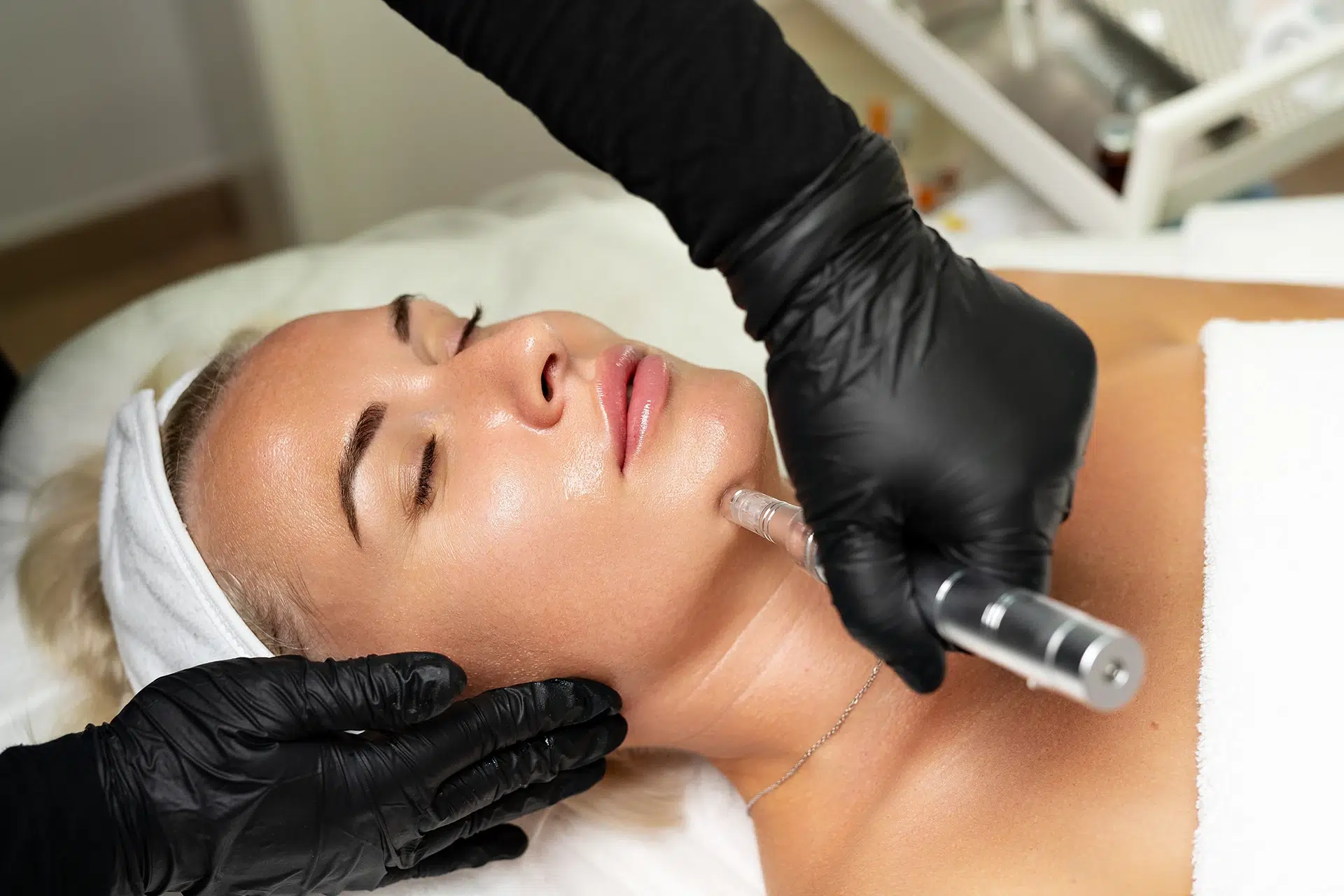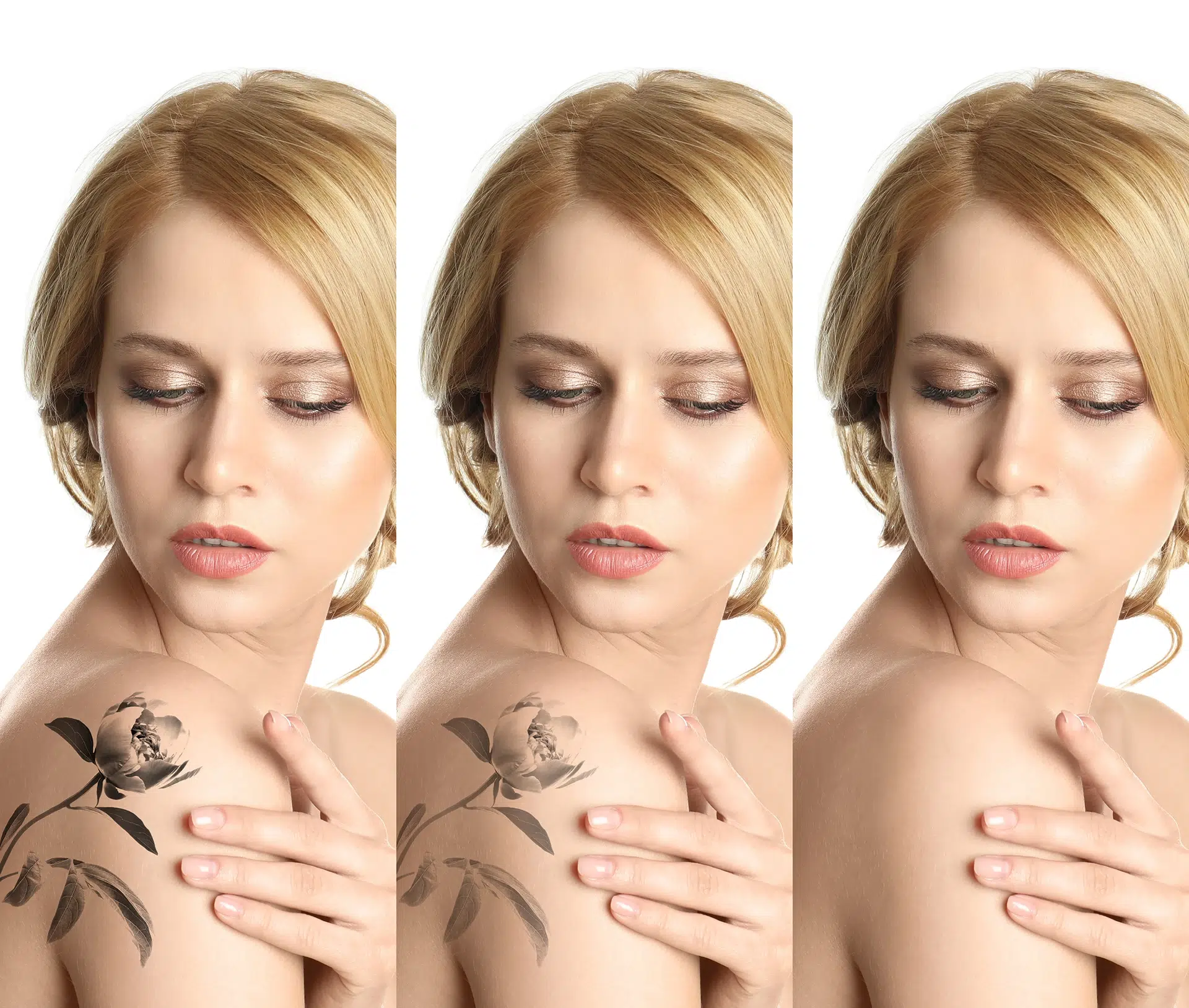Doctors often prescribe Hormone Replacement Therapy (HRT) during or just before the onset of menopause. Also referred to as menopausal hormone therapy, HRT is used for balancing the female sex hormones estrogen and progesterone to relieve the menopause symptoms, such as hot flashes and night sweats. Other female sexual problems can also be treated with HRT. Depending on the needs of the patients undergoing the therapy, different combinations of estrogen, progesterone, and sometimes testosterone are used.
Hormones and Menopause
During their lifetime, women typically experience monthly hormonal changes because of their menstrual cycle. However, menopause is another reason that causes a woman’s hormones to fluctuate.
Early Menopause
Menopause Can Sometimes Start Early. There May Be No Concerning Reasons, but It Can Also Be Caused By:
- Removal of uterus or ovaries
- Cancer
- Genetic disorders
- Smoking
- Autoimmune diseases
In such scenarios, the female sex hormones might need to be supplied externally, and doctors prescribe several treatment options, including HRT, to treat it.
Perimenopause
The sexual hormone levels in women start to decline as they cross the threshold of 40. Menstruation continues, but menopausal symptoms like hot flashes and irregular periods start appearing. Women can still become pregnant at this stage, but the chances decrease with time. See Also: How Is BHRT Different from Traditional HRT?
Menopause
Menopause is the natural progression of the female reproductive system from being active to becoming dormant. The female sex hormones are not produced anymore after menopause, so menstruation stops, and women cannot become pregnant without medical assistance. Estrogen and progesterone deficiency causes several symptoms like hot flashes and hair loss. Sometimes, these symptoms affect the quality of life and require treatments like HRT.
Types of Hormone Replacement Therapy
Different Hrt Is Prescribed Depending on the Problems Faced by a Patient.
- Topical Estrogen HRT– Creams and vaginal tablets are useful in treating urogenital symptoms like vaginal irritation and dryness.
- Estrogen-Only HRT – If a patient has had their ovaries and/or uterus removed, they are prescribed estrogen-only HRT since there is no need for the other sex hormone, progesterone.
- Continuous HRT – Continual HRT is prescribed after menopause to balance the estrogen and progesterone hormones and relieve the symptoms.
- Cyclical HRT– Pre-menopausal symptom treatment where hormone dosages are regulated to align with the patient’s natural menstrual cycle.
See Also: Three Myths about Detox Diets You Should Know
How to Take HRT?
The Different Ways of Taking Hrt Include:
- Topical creams
- Skin patches
- Vaginal rings
- Oral medication
Benefits of Hormone Replacement Therapy
While Some Women Transition to Menopause without Any Issues, Some Experience Troubling Symptoms That Require Medical Intervention. Some Distracting Symptoms of Menopause Include:
- Hot flashes
- Osteoporosis
- Vaginal dryness and irritation
- Hair loss
- Disturbed sleep
- Mood swings
Several Treatment Options Are Available to Relieve the above Symptoms, but Hrt Is among the Most Popular and Widely Prescribed Ones. Apart from Menopause, Some Other Reasons for Which Hrt Can Be Beneficial Include:
- Prostate cancer
- Sex change (from the one assigned at birth)
- Birth control
- Low testosterone
- Improves muscle function
- Minimizes the chances of heart failure and heart attacks
- Lessens mortality among younger postmenopausal persons
- Can prevent skin aging if used cautiously
Is HRT Safe?
Most Doctors Agree That Hrt Is Fairly Safe, If:
- The hormones doses used are minimal and for a short time
- The patient is up to 59 years of age
- Opting for it within a decade of starting menopause
However, precaution is necessary when opting for HRT since some people with certain risk factors might not be suitable candidates for the therapy.
Who Should Not Use HRT?
You Should Avoid Hrt If You Are Pregnant or Trying to Conceive and Also If You Have a History Of:
- Stroke
- Heart diseases
- Hypertension
- Thrombosis
- Gallbladder issues
- Breast cancer
- High blood pressure
- High levels of triglyceride in the blood
HRT Risks
Some research links HRT to breast, ovarian, and endometrial cancers, but the risks depend on the kind of treatment. People also worry that HRT might cause weight gain, but currently, no research supports this supposition. Alternatives Sometimes lifestyle adjustments such as quitting smoking, exercising, eating healthy, avoiding stress, and limiting alcohol consumption can help manage menopause symptoms. Additionally, alternative herbal medicines like ginseng claim to ease menopausal symptoms. Talk to your doctor to know your options. Although HRT is a commonly used treatment for hormone-related issues, especially menopause, it is not suitable for everyone. Consult a medical professional to understand the risks and benefits of the treatment before opting for it. Contact us if you are looking for hormone replacement in Freehold, NJ. Our team of healthcare and hormone experts at The Youth Fountain can guide you to understand and decide if HRT is the best treatment for you.



